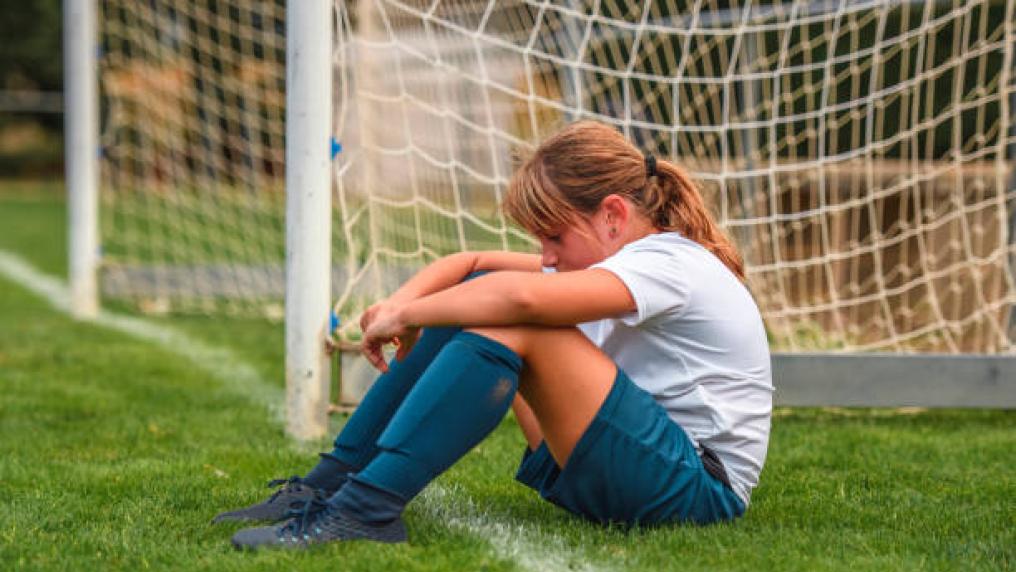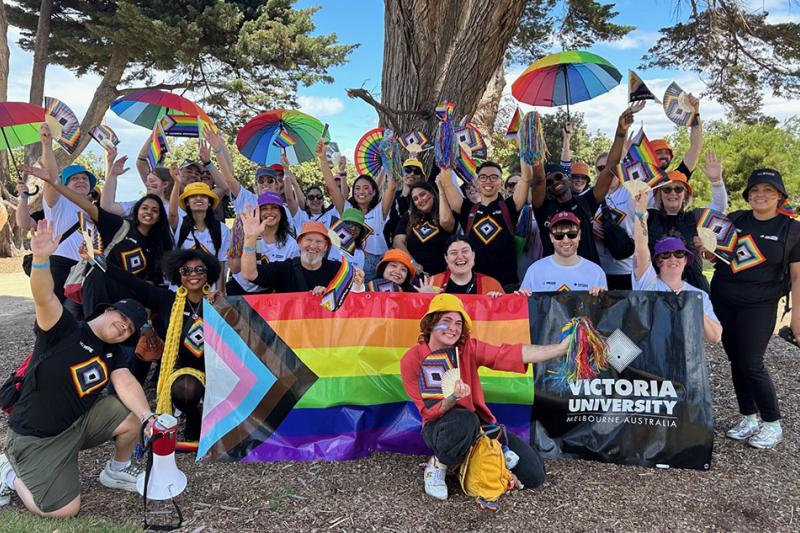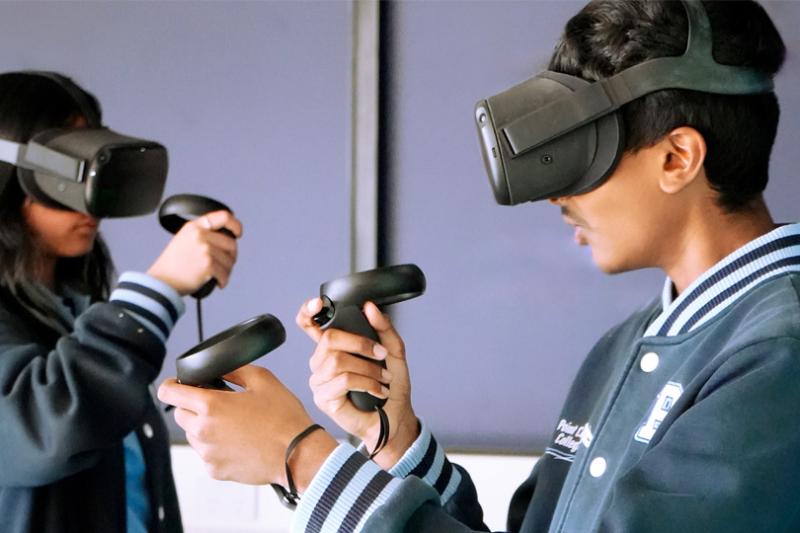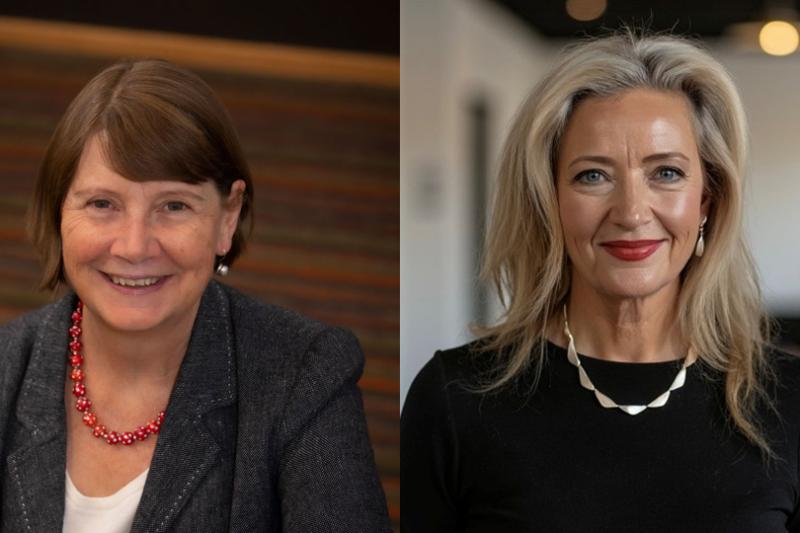Speaking out: children’s experiences with violence & sport

A world-first study by Victoria University (VU) researchers found that children who experience abuse in community sport disclose their experience to an adult at very low rates - the rates of disclosure are even lower when the abuse is by a coach or a parent.
Led by Dr Mary Woessner and Dr Aurelie Pankowiak, 'Telling adults about it: children's experience of disclosing interpersonal violence in community sport' was published today in Sport in Society.
The research explores the frequencies of childhood disclosures of violence in sport and how the interactions unfolded through surveys from 800 participants and interviews with individuals who had disclosed their experiences to an adult. Participants were subjected to a range of behaviours including sexual, emotional and physical abuse, neglect, bullying and harassment.
High-profile abuse cases in Australian and international sport signals the systemic nature of violence against children and the long-term mental, social and physical consequences of failures to safeguard young athletes.
“Fostering disclosures is critical in terms of combating violence against children in sport. We need people to feel safe to come forward when they do have negative experiences. Our data suggests that with any type of abuse in sport, parents are often first responders and to properly support the needs of the child, clubs and management teams must ensure policies are in place to help, not hinder disclosures and responses to them,” Dr Woessner said.
The research in Australia as well as international data indicates there are high rates (44-86%) of experiences of violence against children in sport and that delays in disclosure can have severe consequences.
In a world first, the study highlights that less than half of respondents who experienced any type of violence in sport ever disclosed the experience to an adult. For those who experienced violence from a peer, only one in three would choose to speak to an adult. Boys had significantly lower rates of disclosure in instances of peer violence.
Overwhelmingly, children disclosed to their parents, which explains the low rates of disclosure when the violence in sport was perpetrated by a parent. Girls had lower rates of speaking to someone within the sports club (a coach or manager) compared to boys. Given that many policies necessitate a disclosure or report through the club at some stage, the gendered difference in disclosing to club stakeholders is an important consideration.
Matthew, a survey participant said he would compare his own experiences of abuse in sport against the experiences of his peers when decided whether or not to say something. He thought if they stayed silent, he should too. Matthew said the bullying behaviours were so widespread that ‘…it’s [violence] a cultural thing in the sport. You just learn to live with it, ignore it’.
The research confirmed that the first response to any disclosure is critical. “When an individual manages to share their experience, the reaction of the person confided in matters. Our participants often felt dismissed by the adult they spoke to, and this had a critical impact on their future appraisal of violence and served to shut down future attempts to disclose it,” Dr Pankowiak said.
The research calls for an urgent need to revisit current disclosure procedures and develop better prevention and response initiatives for all forms of abuse/violence in sport. Community sport clubs are largely volunteer based and often these volunteers are parents playing multiple roles within the clubs.
“We need training and support for all club volunteers on how to recognise and respond to instances of violence. As a community we need to all be prepared to call-out all forms of violence in order to break the silencing cycle of normalising violence that clearly exists in community sport,” Dr Woessner said.



